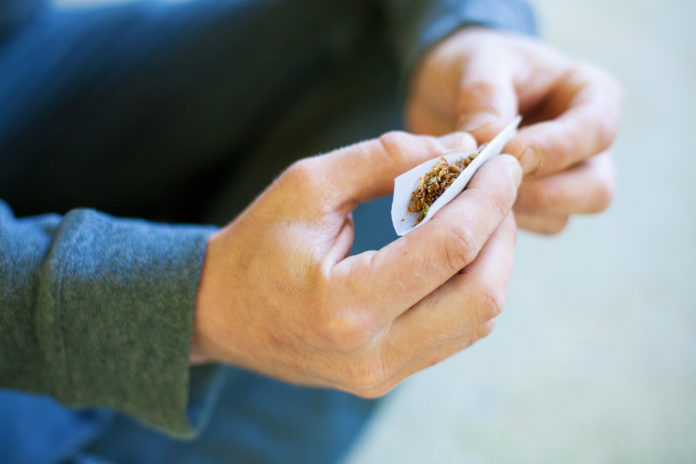Many supporters of California’s Proposition 64 legalizing recreational marijuana use have probably already sparked up in celebration of the measure’s passing. But before you get way out in front of your skis, it’s a perfect moment to um, regulate, and reflect on what’s allowed and when.
Big picture? It’s a pretty picture for most parties involved. As of November 9, 2016, adults 21 and older are now allowed to possess, transport, purchase and use up to an ounce of dried marijuana flowers and 8 grams of cannabis concentrates. (Bonus: Possession of more than one ounce of weed has been reduced to a misdemeanor.)
A few caveats: while recreational users can finally come out of the shadows, they must partake indoors, more or less. Lighting up is only allowed at private residences and is subject to local tobacco smoking regulations, i.e., no street smoking allowed near businesses or public buildings.
In addition, adults 21 and older can grow up to 6 marijuana plants indoors for personal use, though outdoor cultivation is subject to local restrictions. But while individuals can grow their own, they’re prohibited from selling. Giving it your friends or acquaintances is however totally allowed. Sharing is caring.
Yet there are some concerns on the part of California’s smaller growers, who are worried about being phased out once the big companies try to muscle their way into the new green rush. Prop 64 aims to give the little guy a chance. New grow operations larger than 22,000 square feet will not be permitted for five years.
Non-medical consumers may have to wait until January 1, 2018 (state agencies charged with licensing of non-medical marijuana businesses must begin issuing licenses no later than this date) to make legal retail cannabis purchases, which is when other aspects of the new law also kick in, including state commercial cultivation and retail excise taxes.
Mellowing the Harsh
Prop 64 is also good news for pot users previously stigmatized with overly harsh marijuana convictions: Persons with prior marijuana-related convictions can petition the courts to have their record cleared or changed to reflect the new laws.
In other legal news, the California Department of Consumer Affairs, Department of Public Health and Department of Food and Agriculture will now regulate and control the non-medical marijuana industry, with the state’s Department of Food and Agriculture overseeing the cultivation, manufacture and sale of industrial hemp.
Post “Scrip”
One regulatory wrinkle (among many) in the new legal landscape: medical marijuana patients must obtain a new, more stringent doctor’s recommendation by January 1, 2018, which is also when patients with valid medical marijuana ID cards become exempt from existing state sales and use taxes.
Weed Word to the Wise
Don’t let justifiable celebration result in undesirable incarceration. Motoring while wasted is still a terrible idea and just as punishable by law as drunk driving.










